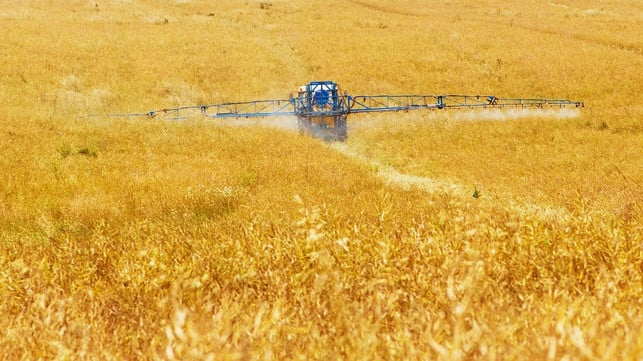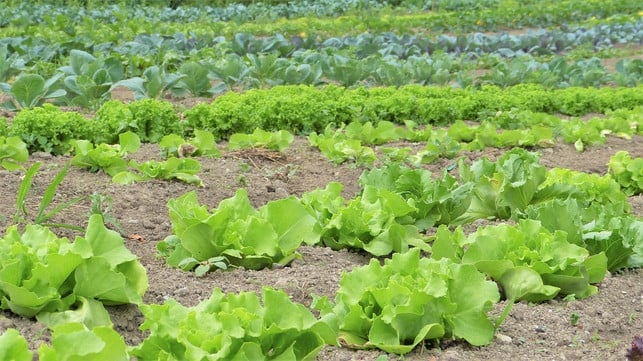Phosphate – how dangerous are they really?
Phosphates are salts of phosphoric acid and are found in many minerals. Natural phosphates are even essential for the organism of humans, animals, and plants. The human body, for example, needs 800 milligrams daily—a balanced diet usually covers this. In addition to these naturally occurring phosphates, these substances are also extracted industrially and used in foods, among other things. There, they can become critical.
- The fertilizer industry requires the most phosphate : Phosphates are excellent mineral fertilizers used in large quantities in conventional agriculture. The problem, however, is that the phosphates enter rivers and lakes through the water cycle. There, they increase nutrient concentrations unnaturally, causing excessive algae growth. Eventually, the lake collapses, and all the animals die.
- Phosphates were once added to household detergents to soften water. However, most European countries have since abandoned this practice. Phosphates are still used in dishwashing detergents , even though there are now good alternatives .
- Phosphates perform a variety of functions in food : They ensure that your cola retains its color, that pudding mix doesn't clump, and that sausage products don't spoil as quickly. Although phosphates are listed in the ingredients list, they are hidden behind various E numbers: E338, E339, E340, E341, E343, E450, E451, E452, E1410, E1412, E1413, E1414, and E1442.
Problematic degradation of phosphate

- Phosphates are extracted from phosphorus-containing rocks from various countries. The main deposits are in North Africa, but the mineral is also found in the USA, Russia, and China.
- Because these minerals are finite, fossil resources, their extraction has been criticized. Experts even predict that their reserves will be depleted before the world's oil reserves. Therefore, they have been on the EU's list of critical raw materials since 2014.
- In Germany and other countries, phosphate is also extracted by incinerating sewage sludge, a waste product from wastewater treatment plants. Since 2017, wastewater treatment plant operators have even been required to recover at least 50 percent of the phosphates contained in sewage sludge. The recycled phosphates can then be reused.
Advantages and disadvantages of phosphates

- Without phosphates, conventional agriculture and the food industry would not be competitive. The use of phosphates as fertilizer increases land productivity and thus farmers' yields.
- Our food is transported over long distances before reaching the supermarket shelves. Phosphates play a key role in ensuring that the food reaches the customer fresh.
- However, the use of phosphates is controversial due to their negative environmental impact. Furthermore, the deposits are often contaminated with cadmium and radioactive heavy metals, according to an inquiry by Alliance 90/The Greens in the Bundestag.
Are phosphates harmful to health?

When assessing the health effects of phosphates, a distinction must be made between natural and artificially added phosphates. Phosphate in its natural form is found primarily in nuts, meat, and legumes; the body can then excrete the phosphates through the kidneys.
- Artificially added phosphates pose a problem. They have been proven harmful to people with kidney disease . Since the added phosphates (unlike natural phosphates) are usually freely soluble, they are completely absorbed into the bloodstream.
- According to doctors, even healthy people should try to avoid phosphates as much as possible. Phosphate alters the inner walls of blood vessels, which increases the risk of strokes or heart attacks.
Avoid phosphates thanks to organic farming

We recommend avoiding products containing artificially added phosphates as much as possible. While phosphates are found in many products due to their versatility, there are two simple ways to reduce your phosphate intake:
- In organic farming, the use of mineral fertilizers is strictly regulated. Phosphates may only be used where they offset a negative phosphate balance. And even then, only particularly poorly soluble phosphates may be used. Therefore, the phosphate load in organically grown fruit and vegetables is significantly lower.
- Also avoid highly processed foods , such as convenience foods and fast food. While these products are convenient, they must also be long-lasting without altering their taste, appearance, or consistency. To achieve this, various phosphates are added to the products.

